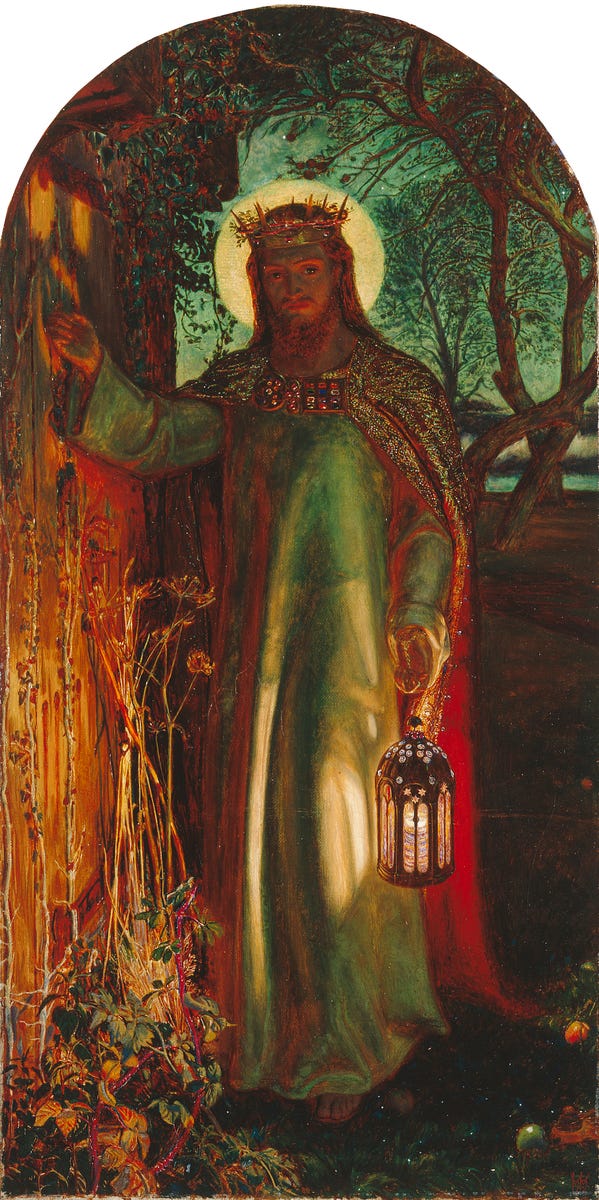The Interior Man, An Extended Consideration
A deeper look into the Interior Life and Mortal Sin
Last week in my weekly Gospel reflection on Mark chapter 7, I reflected on the idea of the Interior Man. You can find that here. I wanted to expand on what w…



